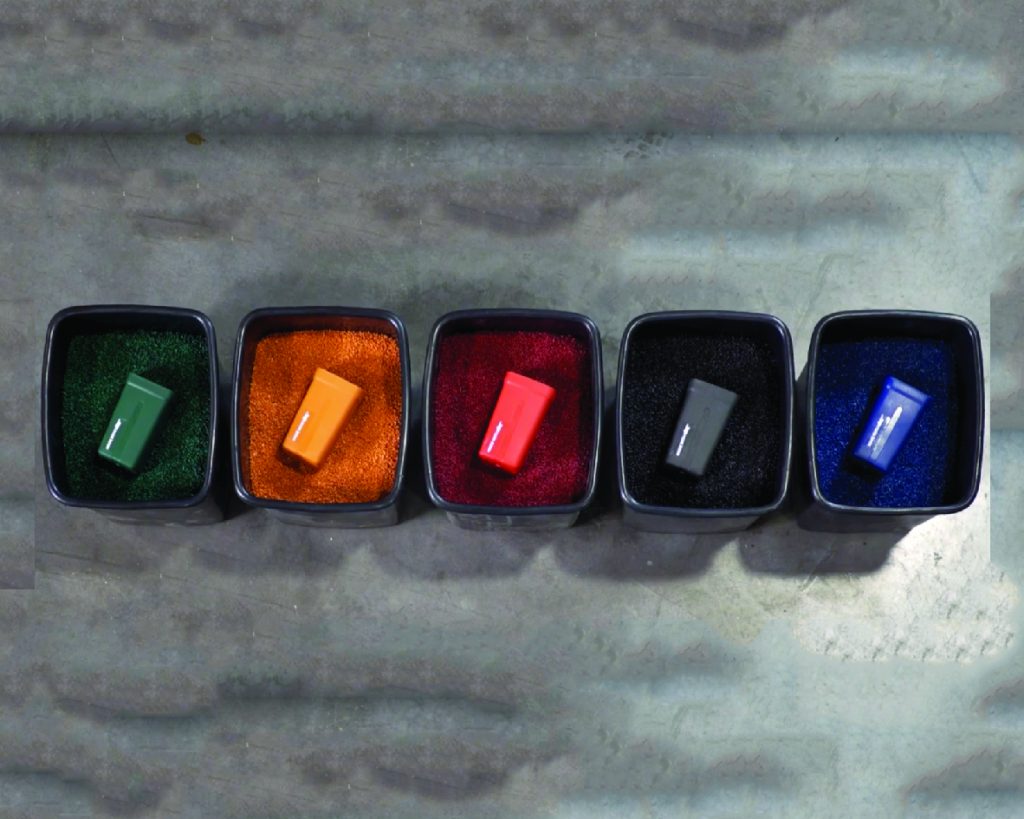Israeli company UBQ Materials is set to establish a full-scale waste conversion plant in the Netherlands, marking an expansion into Europe, the company announced this month.
Founded in 2012, UBQ developed an innovative, patented process to convert unsorted household waste — think chicken bones, dirty diapers, hamburger leftovers, and yogurt containers — into a sustainable, fully recyclable thermoplastic substitute.
The company is piloting its tech in the US with the Central Virginia Waste Management Authority (CVWMA) which ordered the first 2,000 recycling bins made with UBQ Materials’ converted waste material and has a partnership with McDonald’s in Latin America and the Caribbean.
In January, UBQ announced a partnership with Daimler to test its solution for the production of “clean” automobile parts.
UBQ runs a plant in Kibbutz Tze’elim in southern Israel where some 7,000 tons of garbage is converted per year. The company also plans to open a full-scale facility in the United States later this year and hopes to add locations in Asia.
The Netherlands plant will have an annual production rate of 70,000 tons of material, UBQ said.
Its move into Europe will allow the company to sell the material across the continent, and follows an EU decision to support the development of sustainable industries, the company said in a statement.
To mark the occasion, Netherlands’ ambassador to Israel, Hans Docter, will visit and tour UBQ’s existing facility in Israel this week.
Sign up for our free weekly newsletter
SubscribeAs a raw material, UBQ says that its products can be used in thousands of applications including shopping carts, pipes, trash cans, and automotive parts.
In an interview last year with UBQ co-founder Jack “Tato” Bigio, an entrepreneur in the renewable energy sector, he told NoCamels that UBQ Materials was a “plastic replacement company,” but also that the converted waste can be used in the construction industry to make bricks, pavement, buildings and more.
Bigio also called UBQ Materials a climate positive solution, which he said included an energy-efficient and environmentally sound process where no emissions are produced, no water utilized, and no waste left behind. It saves 11.7 kg of carbon dioxide equivalent emissions per kg. of UBQ produced, he explained at the time.
UBQ, derived from the word “ubiquitous,” has been “transforming waste into a new natural resource” in Israel for a number of years, Bigio told NoCamels. “We’re taking the waste before it goes to the landfill,” he explained. “There’s no technology today that does that.”
Bigio’s co-founder is Rabbi Yehuda Pearl, a founder of the globally recognized hummus brand Sabra.
SEE ALSO: Israel’s UBQ, Largest McDonald’s Franchise Team Up For Eco-Friendly Restaurant Materials
Related posts

Israeli AI Safety Tool Among TIME’S Best Inventions For 2024

Editors’ & Readers’ Choice: 10 Favorite NoCamels Articles

TAU Team Discovers Mechanism To Eliminate Cancerous Tumors




Facebook comments